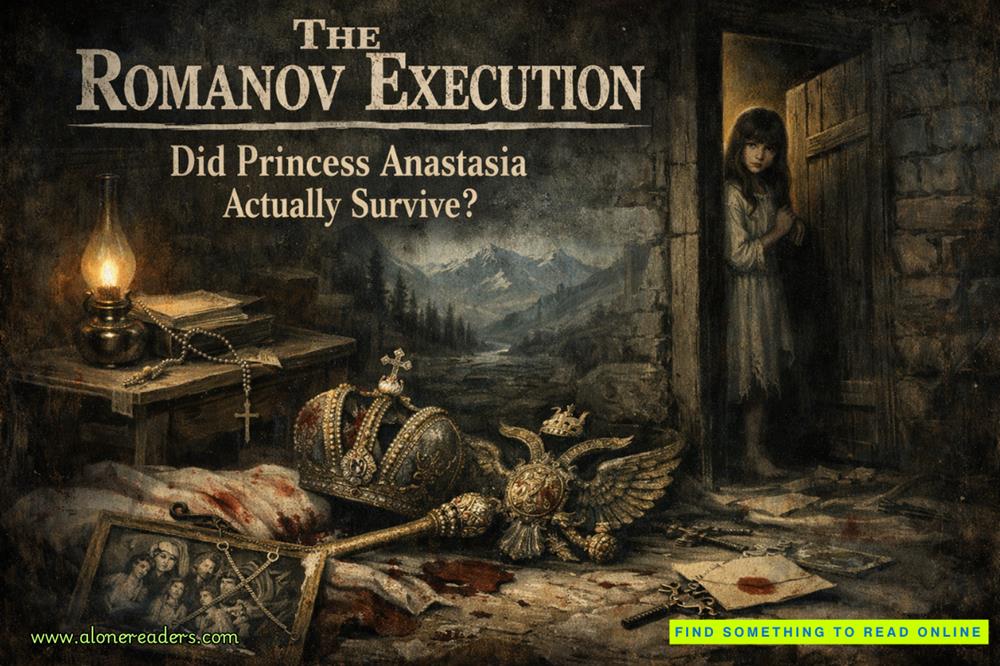Eric:Yesterday. At this old hockey rink we were clearing out. And yes, it was good. Really good.
Eric:Now he's ignoring me. Total emotional ghosting.
The enthusiasm in Ziggy's responses died immediately.
Ziggy:Shit. I'm sorry, E.
Ziggy:Callahan rule #1: If a guy ghosts you post-kiss, don't chase the ghost.
I set the phone down and rubbed my temples. Ziggy meant well, but he built his dating philosophy and rules around college hookups. This wasn't that. Wes wasn't a closeted hockey player working through his issues at a Friday night mixer.
The phone buzzed again.
Ziggy:Also. Don't dig into pain, E. Sometimes pain buries stuff for a reason.
Don't dig into pain.I thought about Wes's expression when I'd found those skates under the bench and how he'd shut down completely when I'd asked about his past. Maybe Ziggy was right. Perhaps some things were meant to stay buried.
Then, I remembered how Wes had looked at me right before the kiss—like he was seeing something he'd forgotten existed.
Eric:What if the pain is what's keeping him stuck?
Ziggy:What if it's what's keeping him alive?
I didn't have an answer for that.
The cursor blinked at me, waiting for words I didn't know how to type. Was I trying to understand him, or was I selfish to want more of what had flickered between us?
The phone buzzed again.
Ziggy:Don't make this your project, E.
Don't make this your project.
Too late for that advice. Somewhere between the coffee-spill introduction and yesterday's kiss, Wes Hunter had become more than a faded background to my research. He'd become the story I couldn't stop trying to read, even when half the pages were deliberately torn out.
I turned back to my laptop and tried to focus on Mrs. Pelletier's interview, but every sentence I typed was full of academic jargon that missed the real story. Instead, I picked up a pen and sketched the outline of a hockey rink in the margins of a printout.
Some stories, I was learning, refused to be ignored.
By afternoon, the cottage walls felt like they were closing in. I needed air, distance, and something to photograph that wasn't connected to the emotional minefield I'd stumbled into with Wes.
I grabbed my camera gear and headed toward the ferry dock, telling myself I was documenting coastal erosion patterns for my thesis. The walk would do me good. Clear my head. Help me remember why I'd come to Ironhook in the first place.
The ferry was due that afternoon—one of only two weekly runs that kept the island connected to the mainland. As I approached the weathered dock, I spotted a small cluster of residents gathered near the loading area, probably waiting for packages or groceries they couldn't source locally.
Perfect. I could capture some shots of how the dock infrastructure handled regular use while staying far enough away to avoid awkward conversations about my living situation. I crouched behind a stack of lobster traps, adjusting my camera's exposure settings.
A voice from the dock drifted over to me.
"That the mainland boy staying with Wes?"
I froze, suddenly very interested in the technical specifications of my telephoto lens.
"Must be." The voice belonged to an older woman. "Heard he's doing some kind of research project. College kid."
"Research on what? How to live like a hermit for sixteen years?"
A few people chuckled.















